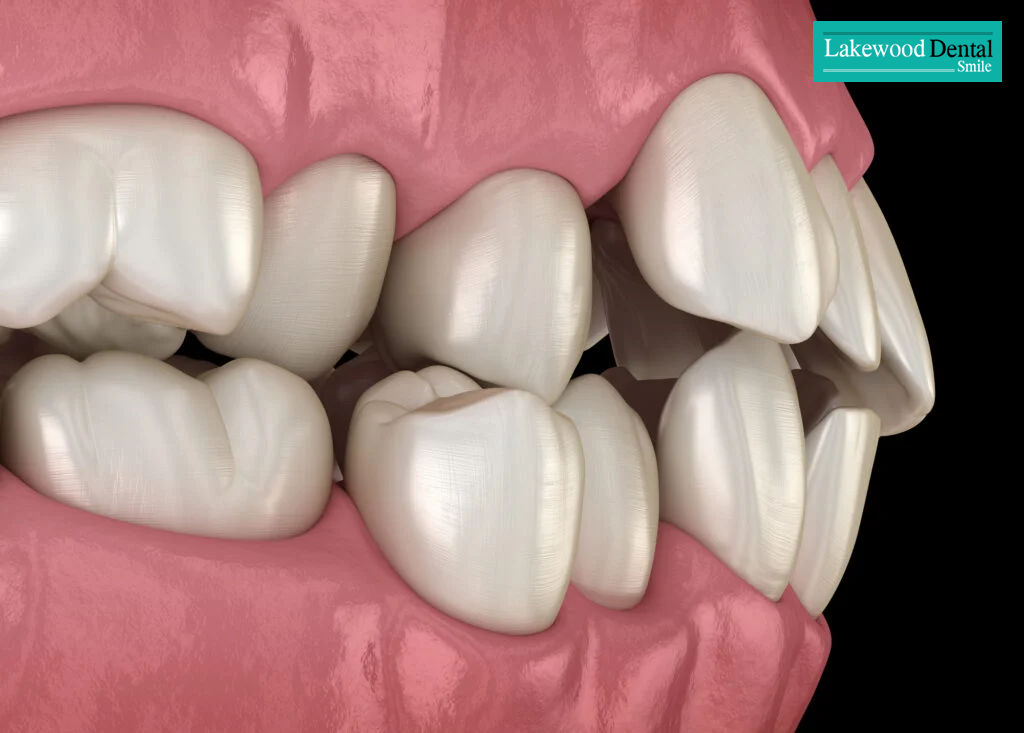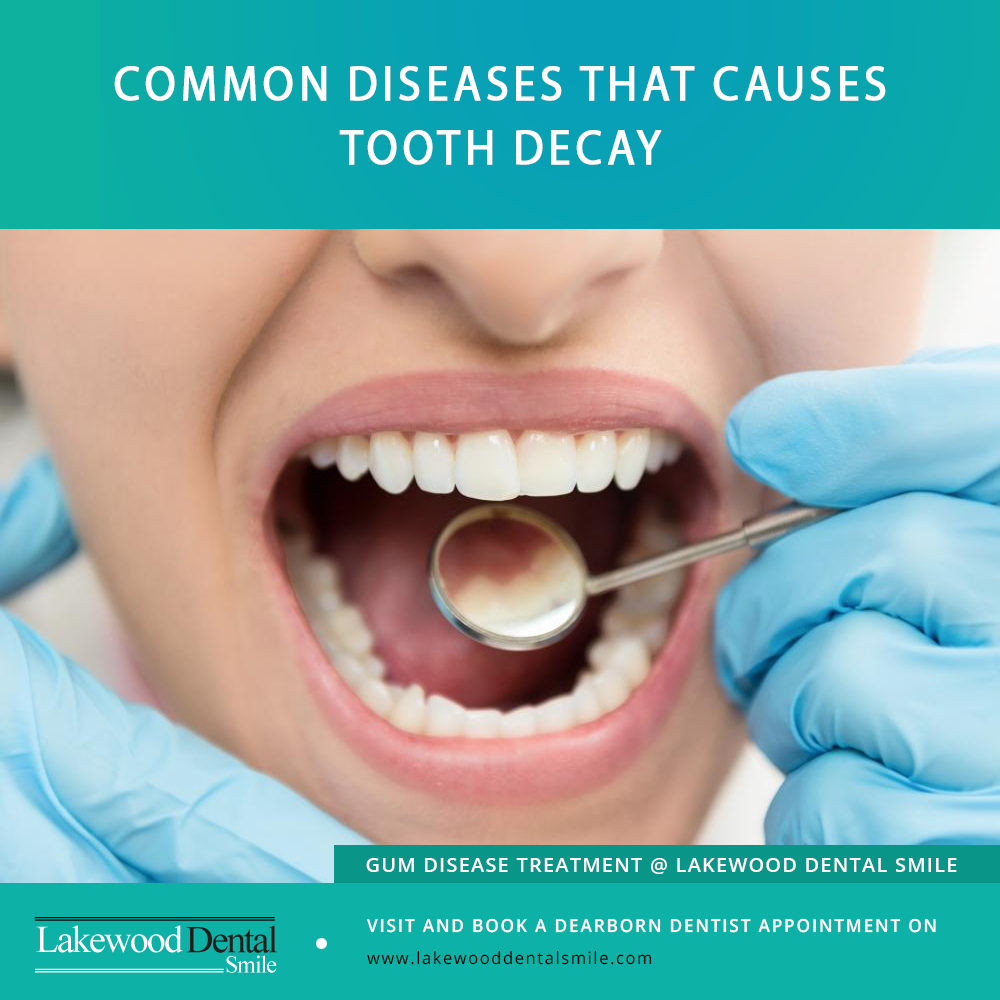When it comes to tooth extractions, many people wonder whether they should see a general dentist or an oral surgeon. Since removing a tooth is not something to take lightly, it’s important to choose the right provider for your specific situation — especially if the procedure is urgent or complicated.
Both dentists and oral surgeons are trained to perform extractions, but the best choice depends on the type of extraction you need and how complex it may be.

Dentist or Oral Surgeon?
If you’re experiencing pain or complications with your teeth, your first step should usually be a visit to your general dentist. The dentist will:
- Examine the affected tooth and surrounding area
- Take X-rays if necessary
- Determine whether an extraction is needed
In many cases, a dentist can perform simple extractions in their office using local anesthesia. However, if the tooth is severely damaged, impacted, or requires surgical intervention, your dentist may refer you to an oral surgeon.
When to See an Oral Surgeon
There are certain situations where seeing an oral surgeon is the best option:
1. Impacted Teeth
If your teeth (commonly wisdom teeth) are impacted, removing them can be more complex than a simple pull. This often requires surgical techniques and sometimes general anesthesia, which oral surgeons are specially trained to handle.
2. Complicated Facial Structure
The position of your teeth or unique anatomy — such as large sinuses or limited jaw mobility — may make extractions more difficult. In such cases, an oral surgeon is better equipped to ensure a safe and comfortable procedure.
3. Cracked or Fractured Teeth
If a tooth is badly cracked or broken, removing it can require surgical methods similar to impacted teeth extractions. An oral surgeon can perform these complex procedures with precision.
4. Dental Anxiety or Need for Sedation
For patients who have severe dental anxiety or prefer to be fully asleep during the procedure, an oral surgeon can provide IV or general anesthesia to make the experience stress-free.
The Bottom Line
Both general dentists and oral surgeons are qualified to perform tooth extractions, but the right choice depends on the complexity of your case. Your dentist is usually the first point of contact, and they will advise you if a referral to an oral surgeon is necessary.
FAQs About Tooth Extractions
- Can a dentist remove wisdom teeth?
Yes, many general dentists can remove wisdom teeth if they are fully erupted and not impacted. However, if the wisdom teeth are partially erupted, impacted, or positioned awkwardly, an oral surgeon is usually recommended.
- How do I know if my tooth extraction will be complicated?
Your dentist will take X-rays and evaluate the tooth before deciding. Extractions are considered complicated if the tooth is impacted, cracked below the gum line, or requires surgical cutting of the gums or bone.
- Is tooth extraction painful?
With modern anesthesia and numbing techniques, most patients feel only mild pressure during the procedure. Oral surgeons can also offer sedation options if you have high dental anxiety or prefer to sleep through the process.
- What’s the recovery like after an extraction?
Recovery depends on the type of extraction. Simple extractions typically heal within a few days, while surgical extractions may take longer. Following your dentist’s or oral surgeon’s aftercare instructions is key to a smooth recovery.
- Should I see a dentist or go straight to an oral surgeon?
It’s best to see your dentist first. They can evaluate your case and let you know whether they can perform the extraction or if a referral to an oral surgeon is necessary.
Tooth Extractions at Lakewood Dental Smile – Dearborn, Michigan
At Lakewood Dental Smile in Dearborn, Michigan, you can feel confident about your dental care. Whether you need a simple extraction or a referral for a more complex case, our experienced team will guide you through every step. Book an appointment online today and take the first step toward a healthier, pain-free smile.





